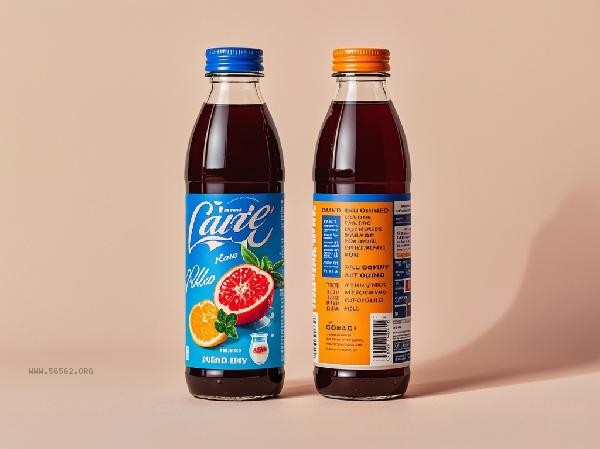Sports drinks are not recommended for frequent consumption and are more suitable for moderate supplementation after high-intensity exercise. Sports drinks mainly contain electrolytes, sugars, and vitamins, which are suitable for quickly replenishing energy and water after exercise. However, daily consumption may lead to problems such as excessive sugar intake and electrolyte imbalance. The original intention of designing sports drinks is to help athletes or people who engage in high-intensity exercise quickly recover their physical fitness and water balance. These types of beverages usually contain high concentrations of sugar and electrolytes such as sodium and potassium, which can effectively alleviate fatigue after exercise. For the general population, drinking sports drinks with low daily activity levels may not fully consume sugar, which may be converted into fat storage and increase the risk of obesity. Long term excessive intake may also affect dental health and increase the probability of tooth decay. Excessive intake of electrolytes can cause a burden on the kidneys, especially for patients with hypertension. In special circumstances such as high-temperature work, prolonged outdoor activities, or diarrhea and dehydration, low sugar sports drinks can be selected appropriately to supplement water and electrolytes. However, it is important to check the ingredient list and avoid products containing artificial sweeteners, preservatives, and other additives. Children, patients with diabetes, patients with cardiovascular diseases and other special groups should be more careful to choose, and consult a doctor or nutritionist when necessary. The recommended daily hydration for the general population is plain water, which can be paired with natural coconut water, diluted salt water, or homemade lemon water. Maintaining a scientific drinking habit is the foundation of health, and it is recommended for adults to drink 1500 to 2000 milliliters of water per day, adjusted appropriately according to their level of activity. Drink a small amount of water multiple times before and after exercise, and replenish 400 to 800 milliliters of water per hour to meet your needs. In daily diet, some water and electrolytes can also be obtained through fruits, soups, etc., without relying on sports drinks. If there are persistent symptoms of dehydration such as thirst and fatigue, timely medical attention should be sought to investigate potential disease factors.











Comments (0)
Leave a Comment
No comments yet
Be the first to share your thoughts!